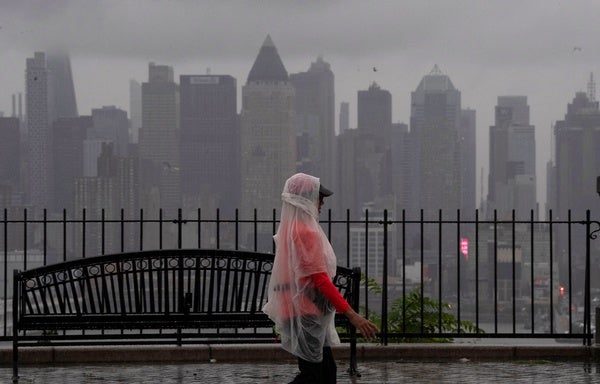 |
| |
 |
| |
| |
| |
| |
| Public Health Scientists Reflect on Anthony Fauci's Impact From the AIDS epidemic to the COVID-19 pandemic, the iconic medical chief has advised seven presidents on numerous outbreaks | | By Max Kozlov,Lauren Wolf,Nature magazine | | | |
| Natural Disasters See Iceland Aglow in Volcanic Eruptions A vivid look at Iceland's recent resurgence of volcanic eruptions—and why the country could be in for 300 years of renewed volcanic activity | | | | |
| |
| |
| |
| |
| |
FROM THE STORE
 | | The Age of Humans Humans have accomplished a great deal in our relatively short history - and have left our mark on Earth in the process. In this eBook, we examine the story of us: how we got here, the world we've built and how we'll need to continue to adapt if we are to manage our impact on the planet and build a better future. *Editor's Note: This Collector's Edition was published as The Age of Humans. The eBook adaptation contains all of the articles, but some of the artwork has been removed to optimize viewing on tablet devices.
|  | | |
LATEST ISSUES
 |
| |
| Questions? Comments?  | |
| Download the Scientific American App |
| |
| |




